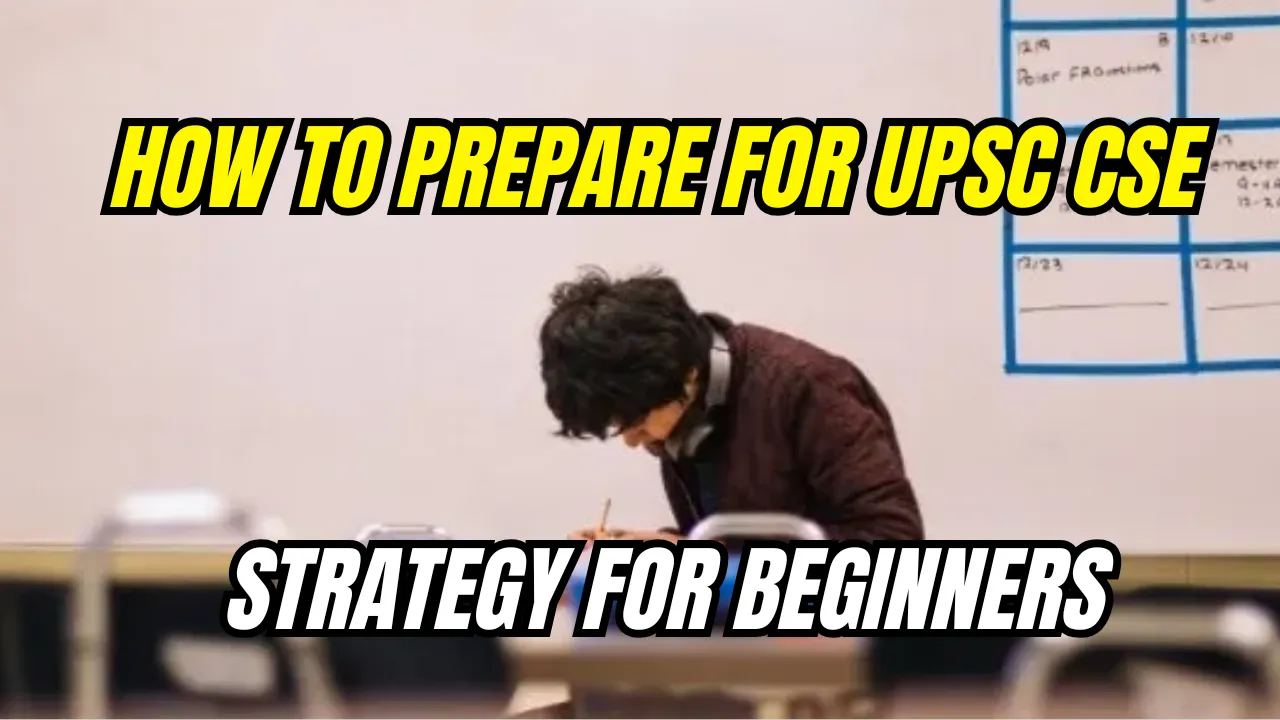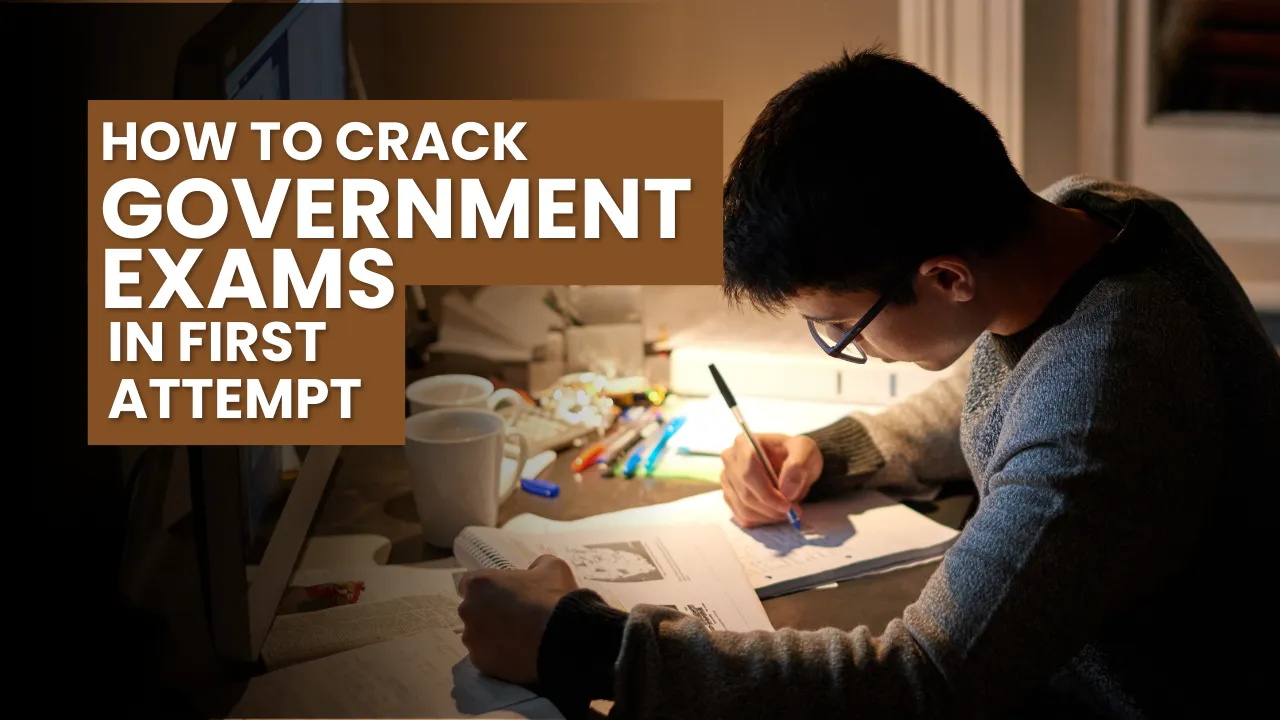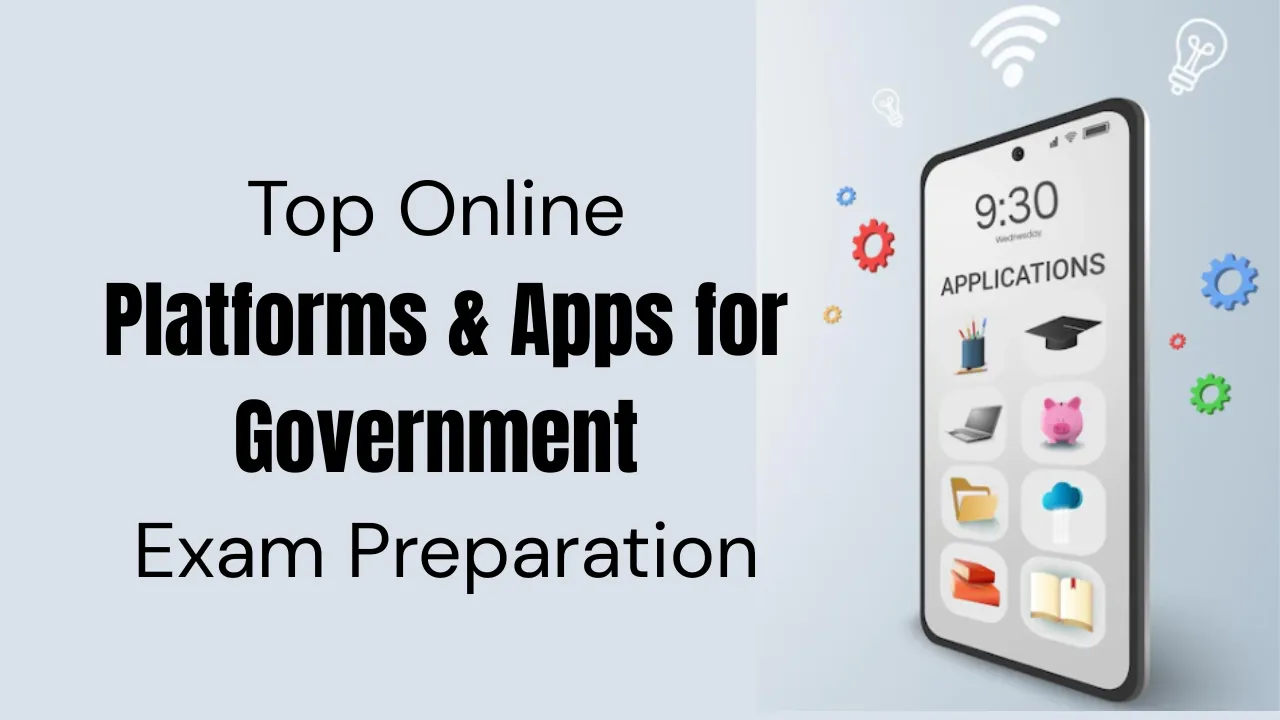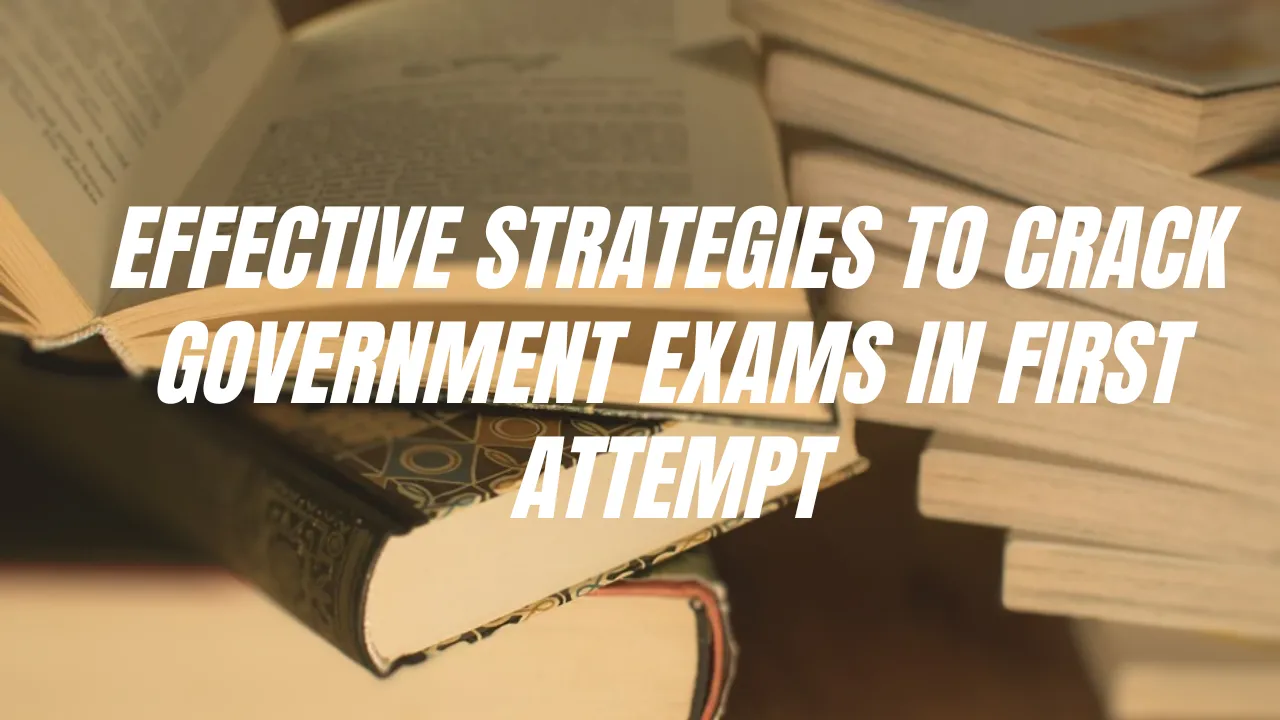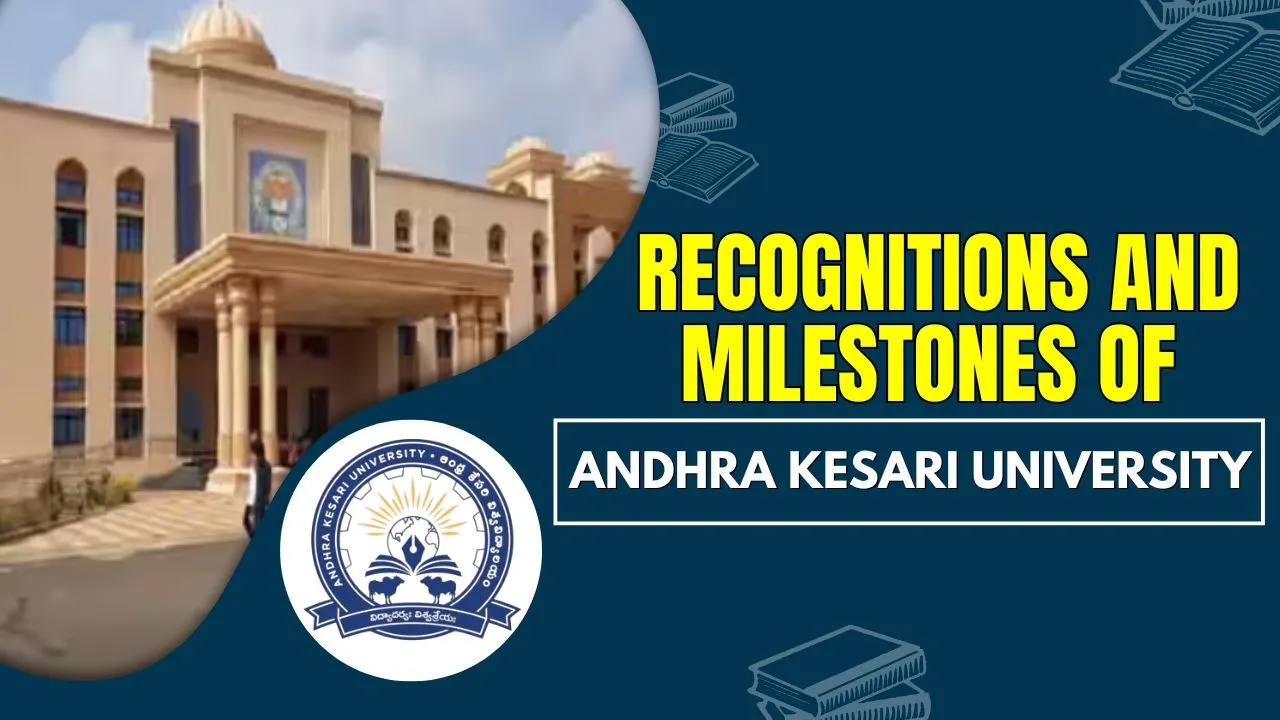How to Prepare for UPSC CSE: The UPSC Civil Services Examination (CSE) is widely regarded as one of India’s most prestigious and competitive exams. It opens doors to elite services such as the Indian Administrative Service (IAS), Indian Police Service (IPS), and Indian Foreign Service (IFS), offering aspirants a chance to serve the nation. However, with its vast syllabus and multi-stage pattern, the exam can seem overwhelming, especially to beginners.
In this article, we present a detailed guide on how to prepare for UPSC CSE, providing beginners with a step-by-step strategy to approach the exam confidently and systematically. Whether you’re just starting or planning to prepare, this article will help you build a solid foundation.
How to Prepare for UPSC CSE
For beginners, understanding how to prepare for UPSC CSE involves breaking down the process into manageable steps. From understanding the syllabus to developing a study routine, mastering answer writing to handling the interview stage, every phase requires consistent effort and planning. Let’s explore how you can approach each step effectively.
Overview Table
| Key Preparation Areas | Strategy Summary |
| Understanding the Exam | Know the syllabus, exam pattern, marking scheme, and analyze previous year papers |
| Building a Foundation | Start with NCERTs, standard reference books, daily newspaper reading, and current affairs |
| Developing a Study Plan | Manage time, adopt integrated preparation, make notes, and revise regularly |
| Prelims Preparation | Focus on core subjects, CSAT practice, regular mock tests |
| Mains Preparation | Answer writing practice, essay writing, optional subject preparation, focus on ethics paper |
| Interview Preparation | Develop personality, stay updated, attend mock interviews |
| Key Tips for Beginners | Start early, stay consistent, limit resources, prioritize health, and seek guidance |
Understanding the UPSC CSE
Before starting preparation, it’s essential to understand the structure and requirements of the exam. UPSC CSE is conducted in three stages:
- Prelims: Objective-type paper with two papers—General Studies and CSAT.
- Mains: Descriptive paper with nine papers, including GS papers, optional subject, essay, and language papers.
- Interview: Personality test to assess your communication skills, confidence, and knowledge.
Syllabus:
Go through the official UPSC syllabus for both Prelims and Mains. Break it down topic-wise to make it easier to manage.
Exam Pattern:
Familiarize yourself with the marking scheme, negative marking in Prelims, and the descriptive nature of Mains.
Previous Year Papers:
Analyze past question papers to understand recurring themes, difficulty level, and question patterns.
Building a Strong Foundation
Creating a strong knowledge base is crucial for beginners.
NCERT Textbooks:
Start with NCERT books (classes 6 to 12) for subjects like History, Geography, Polity, Economics, and Science. They explain concepts clearly and form the foundation for advanced studies.
Standard Reference Books:
After completing NCERTs, move on to trusted reference books. Popular choices include:
- Indian Polity by M. Laxmikanth
- Modern Indian History by Spectrum
- Geography by GC Leong
Newspaper Reading:
Read newspapers like The Hindu or The Indian Express daily. Focus on editorials and key news related to polity, economy, environment, and international relations.
Current Affairs:
Regularly follow current affairs from reliable sources such as PIB, PRS, and monthly current affairs compilations.
Developing a Study Plan
Success in UPSC depends on discipline and time management.
Time Management:
Prepare a realistic and achievable study schedule. Allocate time slots for each subject and include short breaks to avoid burnout.
Integrated Approach:
Simultaneously prepare for both Prelims and Mains. Many topics overlap, and understanding them holistically is beneficial.
Note-Making:
Develop the habit of making clear, concise notes. Use flowcharts, mind maps, and bullet points to simplify concepts for revision.
Regular Revision:
Revision is key to retaining information. Plan weekly and monthly revisions and use spaced repetition techniques.
Prelims Preparation Strategy
The Prelims stage tests both knowledge and speed.
Focus on Core Subjects:
Prioritize Polity, History, Geography, Economy, Environment, and Current Affairs. Practice multiple-choice questions (MCQs) regularly.
CSAT (Paper II):
Although qualifying, do not neglect CSAT. Practice comprehension, logical reasoning, and basic mathematics to clear the cutoff comfortably.
Mock Tests:
Enroll in a Prelims test series. Regular mock tests will help improve accuracy, time management, and identify weak areas.
Mains Preparation Strategy
Mains require analytical skills, structured writing, and deep understanding.
Answer Writing Practice:
Start practicing answer writing early. Focus on clarity, structure, and presenting balanced views. Use real-world examples and data where applicable.
Essay Writing:
Practice writing essays on diverse topics. Work on building coherent arguments and maintaining a logical flow throughout the essay.
Optional Subject:
Choose an optional subject based on your interest and academic background. Dedicate enough time to thoroughly cover its syllabus.
Ethics Paper:
For GS Paper IV, focus on ethical theories, case studies, and moral reasoning. Practice writing ethical solutions to real-life scenarios.
Interview Preparation Tips
The Personality Test or Interview round assesses your personality traits and communication skills.
Personality Development:
Work on improving soft skills, body language, and confidence. Stay informed on current affairs and develop your viewpoints.
Mock Interviews:
Participate in mock interviews conducted by coaching institutes. They offer valuable feedback and help reduce nervousness.
Key Tips for Beginners
- Start Early: Begin your preparation as soon as possible to get ample time to cover the syllabus.
- Stay Consistent: Regular study is key. Avoid long breaks and maintain a steady pace.
- Limit Resources: Do not overwhelm yourself with too many books. Stick to a few reliable sources and revise them multiple times.
- Seek Guidance: Don’t hesitate to seek help from mentors, teachers, or coaching institutes if needed.
- Take Care of Health: Ensure a balanced routine including proper sleep, exercise, and a healthy diet to keep your mind sharp.
Frequently Asked Questions
1. How should a beginner start UPSC preparation?
Start by understanding the syllabus, exam pattern, and analyzing previous year papers. Begin with NCERT books and gradually move to standard reference books.
2. Is newspaper reading necessary for UPSC preparation?
Yes, reading newspapers helps in building knowledge about current affairs, government policies, and editorial analysis, which are crucial for both Prelims and Mains.
3. How much time is required to prepare for UPSC CSE?
Typically, 12 to 18 months of dedicated preparation is recommended. However, it depends on individual learning pace and consistency.
4. When should one start answer writing practice?
Once you have covered the basics of the syllabus, start practicing answer writing to improve your writing speed and structure.
5. Can UPSC preparation be done without coaching?
Yes, many candidates clear UPSC without coaching. However, self-discipline, proper guidance, and the right resources are essential.
Final Thought
Understanding how to prepare for UPSC CSE as a beginner is the first step towards success. With the right strategy, consistency, and dedication, clearing this prestigious exam is achievable. Stay focused, stay motivated, and remember that persistence pays off.
Feel free to share your queries or preparation strategies in the comments below. Explore more detailed guides to boost your UPSC journey!
